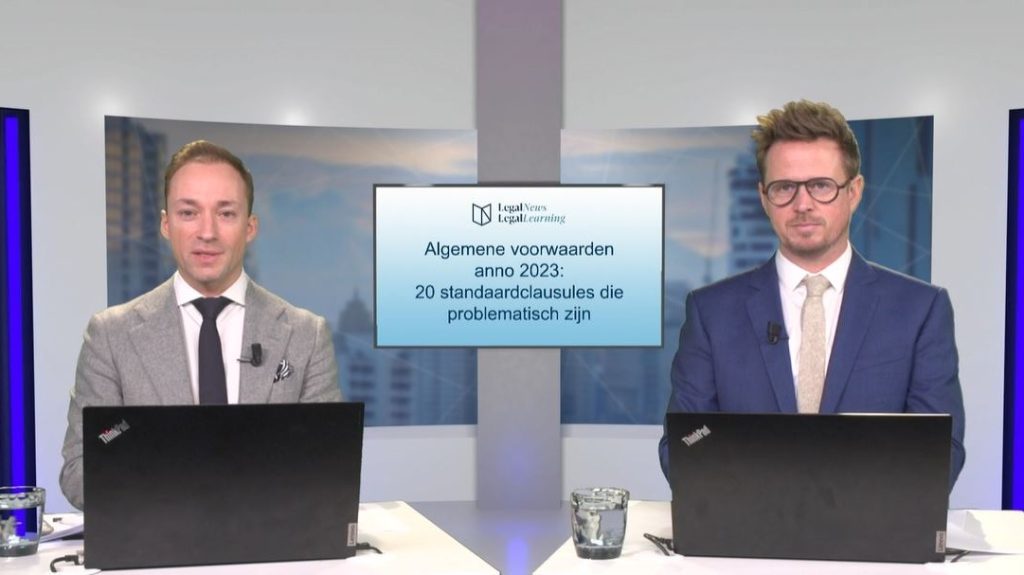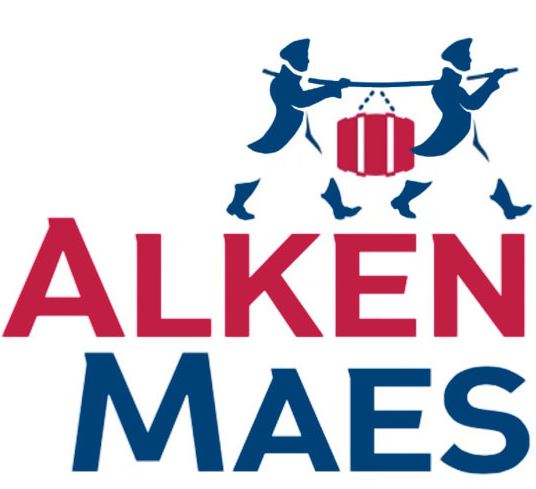Het nieuwe Boek 6 en de impact
voor de bouw- en vastgoedsector:
10 aandachtspunten
Prof. dr. Kristof Uytterhoeven (Caluwaerts Uytterhoeven)
Webinar op dinsdag 23 april 2024
Aandeelhoudersovereenkomsten
in het licht van de nieuwe wetgeving
Mr. Michaël Heene (DLA Piper)
Webinar op vrijdag 31 mei 2024
Recente wetgevende ontwikkelingen
met impact op de bouwsector
Prof. dr. Kristof Uytterhoeven (Caluwaerts Uytterhoeven)
Webinar op dinsdag 27 augustus 2024
Vereffening-verdeling van nalatenschappen:
16 probleemstellingen
Mr. Nathalie Labeeuw (Cazimir)
Webinar op vrijdag 26 april 2024
Het nieuwe Boek 6:
de impact op de werkvloer
Mr. Chris Persyn (Cautius)
Webinar op donderdag 4 juli 2024
Ondernemingsstrafrecht:
wat wijzigt er door boek I en boek II van het Strafwetboek?
Mr. Stijn De Meulenaer (Everest)
Webinar op dinsdag 11 juni 2024
The Brussels International Business Court (Altius)
Author: Alexander Hansebout (Altius)
Date of publication: 17/07/2018
The Belgian government has introduced a draft bill in parliament to establish an English-speaking state court specialised in international disputes: the Brussels International Business Court (“BIBC”). The BIBC’s setup differs from the initiatives taken in other jurisdictions and has some specific characteristics regarding its constitution and procedure.
General
As Brussels is at the centre of international politics and business, the BIBC meets a need for speedy and flexible dispute resolution in global business. So far, significant international business disputes have mostly been settled by foreign courts. This initiative draws on Brussels’ central location as Europe’s capital, the quality of the Belgian judiciary, the presence of truly global companies, top-notch legal services, and the situation post-Brexit.
Constitution
The BIBC is not being conceived as a chamber of the existing Brussels courts (as is the case for some international commercial courts in other jurisdictions). It is rather a semi-permanent court presided over by two (rotating) judges of the “Market Court” (“Marktenhof”/”Cour des Marchés”) from the Brussels Court of Appeal. That presidency will appoint a panel of three judges for each case. The chair of the panel will be a professional judge from the Belgian judiciary. Two specialist judges will be selected from a list of Belgian and foreign specialists in international commercial law; they will be nominated after selection by an independent committee.
Jurisdiction
The BIBC will have jurisdiction over international disputes between enterprises that do not fall within the scope of the exclusive jurisdiction of other courts, provided that the parties agree to submit their dispute to the BIBC. A dispute is considered to be international if either:
- The parties are established in different States;
- The place where a substantial part of the obligations arising from the commercial relationship is to be performed or the place with which the matter is most closely connected is located outside the State where the parties have their seat or residence; or
- The elements for resolving the dispute are found in foreign law.
Additionally, the legal relationship between the parties should contain sufficient objective elements demonstrating that the parties use a language other than Dutch, French or German.
Procedure
All the proceedings at the BIBC will take place only in English. The procedure before the BIBC will be to a very large extent disconnected from the Belgian Judicial Code, which applies to national proceedings, and will be instead based on the UNCITRAL model law. The BIBC may conduct the proceedings in such manner as it considers appropriate and has the power to determine the admissibility, relevance, materiality and weight of any evidence. However, the parties will be treated equally and should be able to present their case in adversarial proceedings. The court should also watch over the loyalty of the debate.
The draft bill provides for a limited number of specific provisions that govern matters such as: notifications, the hearing, the written procedure and the in absentia procedure.
To ensure efficiency, the proceedings are limited to one instance. An appeal to the Belgian Supreme Court is however possible, but only on a point of law (and not for a review of the facts).
Applicable law
The draft bill provides that, subject to the application of international conventions, EU law or provisions contained in particular laws, the BIBC settles disputes by applying the substantive law determined by Belgian private international law. In practice and given the Rome I and Rome II (EU) Regulations, this provision amounts in the first place to the application of the law chosen by the parties.
Costs
The legislator intends that the BIBC is self-supporting and so the parties bear the costs of the proceedings. The court fees will therefore be higher than in national proceedings. A court fee of about 20,000 EUR is expected.
The ‘costs follow the event’ principle is expressly referred to in the draft bill. Nevertheless, the BIBC has the power to allocate costs as it considers appropriate.
Enforcement
The BIBC’s judgments will circulate under the Brussels Regime (the Brussels I Recast Regulation and the Lugano Convention) as well as under the Hague Convention on Choice of Courts Agreements.
Open issues and timing
The government’s initiative has given rise to some concerns. For example, some fear that the speedier BIBC will result in discrimination against parties stuck in national proceedings or that the BIBC will ‘eat into’ the judiciary’s limited budget.
Furthermore, it is clear that the BIBC and the legal community will face challenges in practice. For example, how to organise opposition proceedings in practice if the opposing party does not agree to conducting the proceedings in English? What about lis pendensor connection between cases pending in the (English-speaking) BIBC and the (Dutch- or French -speaking) national courts? The Supreme Court may be somewhat uncomfortable assessing a procedure conducted in a manner that the BIBC considers appropriate as the Supreme Court is not used to reviewing proceedings under the UNCITRAL model law.
However, despite such challenges, the intended reform provides for a real opportunity to attract international disputes to Brussels and to strengthen Brussels as a truly European and global business centre.
The legislative process is expected to end in the coming months and the court to actually open, at the latest, in 2020.
» Bekijk alle artikels: Geschillen & Procedure



















